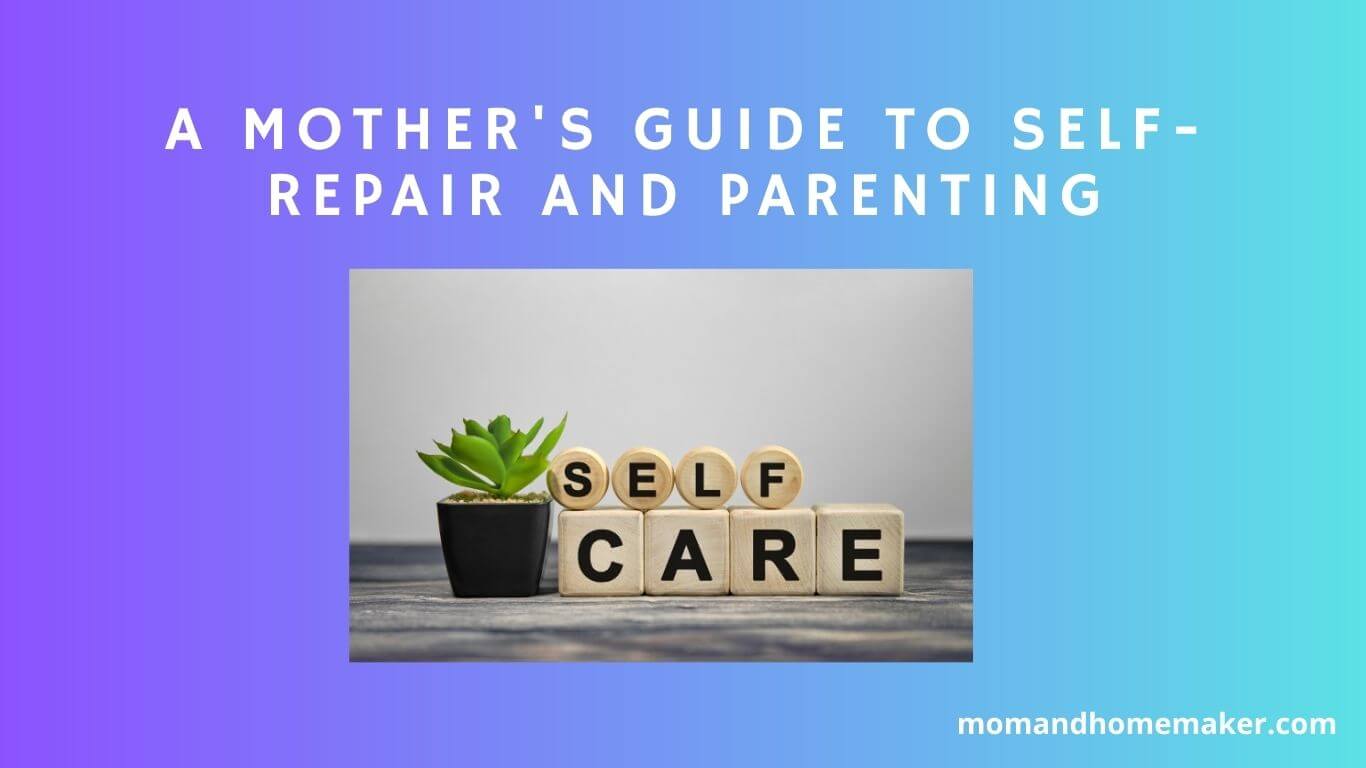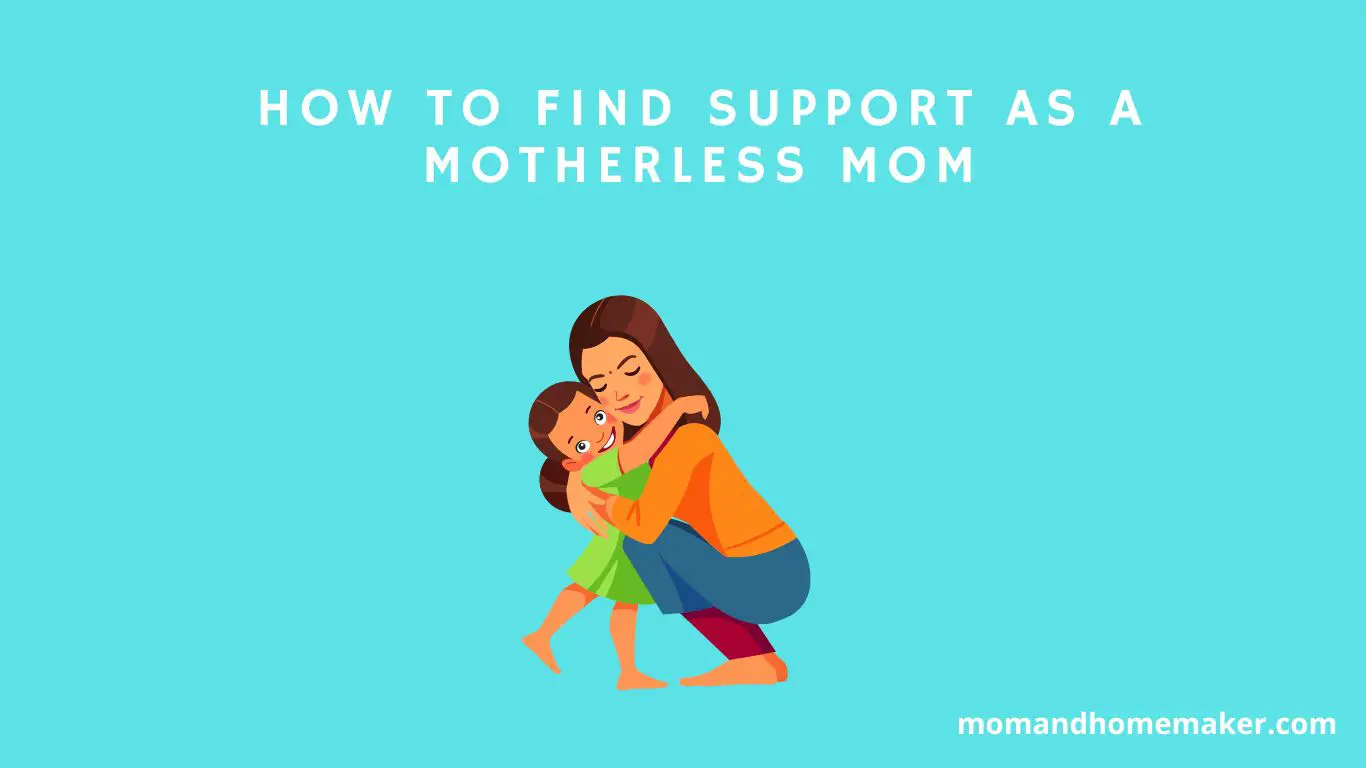The debate over whether a stay-at-home mom is considered unemployed is complex and thought-provoking. This discussion challenges traditional definitions of employment and delves into the intricacies of labor, value, and recognition.
While the question may seem straightforward, it uncovers layers of societal perceptions, economic impact, and personal fulfillment.
Join us as we find out the multifaceted nature of stay-at-home motherhood and acknowledge the invaluable contributions made by those who choose this path.
Defining Unemployment for Stay-at-Home Moms

Defining unemployment for stay-at-home moms is a complex issue, as traditional definitions may not fully capture their economic contributions and responsibilities. When considering the work of stay-at-home moms, it’s crucial to expand the conventional understanding of ‘work’ beyond paid employment.
The daily tasks of managing a household, caring for children, and supporting the family hold immense economic value, even though they may not be compensated monetarily. These responsibilities involve budgeting, meal planning, providing emotional support, and facilitating the well-being of the entire family.
Stay-at-home moms play a vital role in the economy by contributing to the overall financial stability of the household. By taking on the responsibilities of caregiving and household management, they enable other family members to pursue their careers and maintain a work-life balance. This support is invaluable and should be recognized as essential work that directly impacts the economic well-being of the family unit.
Recognizing the economic value of the work performed by stay-at-home moms is essential for creating inclusive definitions of employment and unemployment. It’s important to acknowledge the diverse forms of work that contribute to the economy, whether compensated monetarily or not.
Impact of Unpaid Labor on the Economy
Unpaid labor, such as the work done by stay-at-home moms, has a significant impact on the economy. It contributes to the financial stability of households and allows other family members to pursue their careers.
This kind of work, often associated with women, plays a crucial role in the economy. Stay-at-home moms take on responsibilities like childcare and housekeeping, which in turn enable other family members to work and increase the overall family income.
Despite being undervalued, their contribution is essential for sustaining the financial well-being of the family.
The economic impact of unpaid labor extends beyond the household level and perpetuates wider economic disparities. Women, who often take on the bulk of unpaid labor, face barriers to equal participation in the workforce.
This inequality limits their ability to contribute to the economy in a paid capacity, leading to a loss of productivity and potential economic growth.
Recognizing the economic impact of unpaid labor, particularly the work of stay-at-home moms, is crucial for creating a more equitable and inclusive economy. Valuing the contributions of all individuals, regardless of whether their labor is compensated, can lead to a more balanced and prosperous society for all.
Recognizing the Value of Domestic Work

Recognizing the value of domestic work, especially the efforts of stay-at-home moms, is crucial in understanding the economic impact of unpaid labor.
Domestic work, often overlooked and undervalued, forms the foundation of a thriving society. As you dedicate your time and effort to maintaining a nurturing and organized home environment, it’s important to recognize the immense value of your unpaid contribution.
| Recognizing Value of Domestic Work | Unpaid Contribution | Impact on Society |
|---|---|---|
| Validates the importance of nurturing and caregiving roles | Acknowledges the significant financial contribution to the household | Fosters a more balanced and equitable society |
| Honors the dedication and hard work put into managing a household | Recognizes the economic savings through domestic work | Promotes the well-being and development of families and communities |
| Empowers individuals in domestic roles to feel valued and appreciated | Highlights the non-monetary contributions to the economy | Encourages a culture of respect and gratitude for all forms of work |
Challenges Faced by Stay-at-Home Moms
Being a stay-at-home mom comes with many challenges that require resilience and adaptability in managing daily responsibilities and balancing personal needs. One of the main difficulties is the lack of recognition for the hard work and dedication involved in being a full-time caregiver.
This can lead to feelings of isolation and a sense of being undervalued. Moreover, the continuous nature of childcare and household duties can be physically and emotionally draining, often leading to burnout and feelings of being overwhelmed.
Support is crucial for stay-at-home moms to navigate these challenges. Having a strong support system, whether it’s from a partner, family, or friends, can provide much-needed encouragement and assistance.
It’s important for stay-at-home moms to communicate their needs openly and honestly, seeking help when necessary. This can help in sharing the responsibilities and preventing the feeling of being alone in their struggles.
Empowerment is also key in overcoming the challenges faced by stay-at-home moms. Building a sense of empowerment involves recognizing and celebrating the value of their contributions, both within the family and in society.
This can be achieved through self-care practices, pursuing personal interests and hobbies, and seeking opportunities for personal and professional growth. Empowerment also comes from advocating for oneself and actively seeking resources and networks that can provide guidance and assistance.
Addressing Misconceptions About Stay-At-Home Moms

Misconceptions about stay-at-home moms often arise from outdated societal norms and a lack of understanding about the diverse roles and contributions they make within their families and communities. Society’s attitudes towards motherhood and unpaid labor can lead to these misconceptions, undervaluing the economic impact of stay-at-home moms.
Many believe that staying at home is a leisurely lifestyle, failing to recognize the immense workload and sacrifices involved. It’s important to address these misconceptions and highlight the significance of the work that stay-at-home moms do.
One common misconception is that stay-at-home moms aren’t contributing to the economy. In reality, their unpaid labor has a substantial economic impact.
By managing household finances, providing childcare, and performing various domestic duties, stay-at-home moms contribute significantly to their family’s financial well-being.
Furthermore, their role allows their partners to focus on their careers, potentially increasing their earning potential and contributing to the overall economy. It’s crucial to recognize and appreciate the economic value of their contributions.
Societal attitudes often undermine the complexity and importance of the roles fulfilled by stay-at-home moms. By dispelling these misconceptions, we can foster a greater understanding and appreciation for their crucial contributions.
Acknowledging the economic impact of their unpaid labor and the diverse roles they play within their families and communities is essential in reshaping perceptions and giving stay-at-home moms the recognition they deserve.
Social and Emotional Contributions of Stay-at-Home Moms
Recognizing the social and emotional contributions of stay-at-home moms allows us to understand the invaluable impact they have within their families and communities.
As a stay-at-home mom, you provide significant emotional support, creating a nurturing and caring environment for your family. Your ability to empathize, listen, and offer comfort plays a crucial role in maintaining the emotional well-being of your children and spouse. Your dedication to fostering strong emotional connections within the family unit is an essential contribution that can’t be undervalued.
Furthermore, your influence extends beyond your home. Through your involvement in community activities, volunteering, and support networks, you contribute to the emotional welfare of others.
Your role in building a sense of community and providing emotional support to other parents is immeasurable. Your compassion and understanding create a ripple effect, positively impacting the emotional landscape of those around you.
It’s important to acknowledge that the emotional labor you provide as a stay-at-home mom is a cornerstone of a healthy and thriving society. Your commitment to nurturing and supporting others emotionally is a selfless and invaluable contribution.
While it may not always receive the recognition it deserves, your emotional labor creates a foundation of strength and resilience within your family and community. Your dedication to serving others emotionally is a testament to your immeasurable value.
Reevaluating Traditional Definitions of Employment

Reevaluating traditional definitions of employment is crucial given the changing dynamics of modern work. As societal expectations and gender roles evolve, it’s important to reconsider what constitutes meaningful work and economic empowerment.
The traditional view of employment often focuses on paid labor outside the home, but this perspective may not fully encompass the diverse contributions individuals make to their families and communities.
It’s essential to reexamine gender roles and the value of work done within the home, including child-rearing, household management, and emotional support. Historically, women have been primarily associated with caregiving and domestic responsibilities, leading to the devaluation of their unpaid labor.
By challenging these traditional gender norms, we can recognize the immense value of such work and promote a more inclusive understanding of employment.
Cultural perceptions also play a significant role in shaping our understanding of employment. Broadening the definition of employment to include unpaid work, such as that of stay-at-home parents, can create a more accurate representation of labor.
This shift can contribute to a more balanced work-life equilibrium, allowing individuals to prioritize family and personal well-being without feeling undervalued.
In reevaluating traditional definitions of employment, we can foster a more comprehensive understanding of work that encompasses both paid and unpaid labor. This approach not only acknowledges the diverse contributions individuals make to society but also promotes a more equitable and inclusive view of economic empowerment.
Balancing Work and Family Responsibilities
Balancing work and family responsibilities can be a real challenge for many people. Finding a harmonious balance between your professional life and family dynamics is crucial for your well-being. Here are some practical tips to help you navigate this delicate equilibrium:
- Prioritize and Organize: Start by identifying your most important tasks at work and in your family life. Schedule your activities in a way that gives equal importance to both areas. This can help reduce stress and ensure that you can fulfill your commitments in both areas.
- Set realistic goals and expectations for both work and family responsibilities.
- Use tools such as calendars and to-do lists to stay organized and ensure that you’re allocating time appropriately to both work and family.
Establish Boundaries:
- It’s essential to set boundaries to maintain a healthy work-life balance. Communicate with your employer and family members about your availability and the times when you need to focus on specific responsibilities.
- Learn to say no when necessary to prevent overextending yourself.
- Designate specific times for work and family activities to avoid overlap and conflicts.
Self-Care:
- Taking care of yourself is crucial when juggling work and family. Make time for self-care activities to recharge and maintain your overall well-being.
- Find activities that help you relax and de-stress, whether it’s exercise, reading, or spending time with friends.
- Consider seeking support from family members or hiring help if needed to alleviate some of the workload.
Supporting and Empowering Stay-at-Home Moms

Stay-at-home moms need support and empowerment to thrive in today’s society. This support can come in the form of encouraging self-care and personal growth, promoting decision-making autonomy, and offering opportunities for skill development.
Mentorship from experienced stay-at-home moms can provide wisdom, encouragement, and a sense of belonging, while access to parenting workshops and seminars can be valuable.
Financial independence is also crucial, and exploring flexible work-from-home opportunities can help stay-at-home moms achieve personal and financial fulfillment.
Creating communities that foster understanding, empathy, and shared experiences is invaluable for stay-at-home moms.
By offering a platform for connection and collaboration, we can ensure that stay-at-home moms are supported and empowered to navigate the challenges and joys of their chosen vocation.
Conclusion
Stay-at-home moms aren’t unemployed. Their unpaid labor is invaluable to the economy, and they face numerous challenges while juggling work and family responsibilities.
It’s time to recognize and support the social and emotional contributions of stay-at-home moms. They’re the superheroes of the household, working tirelessly to keep everything running smoothly.












